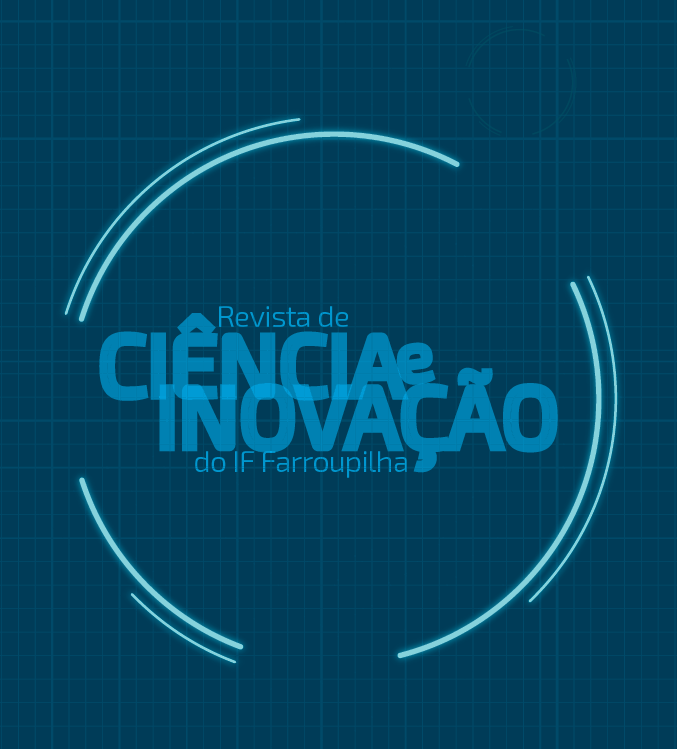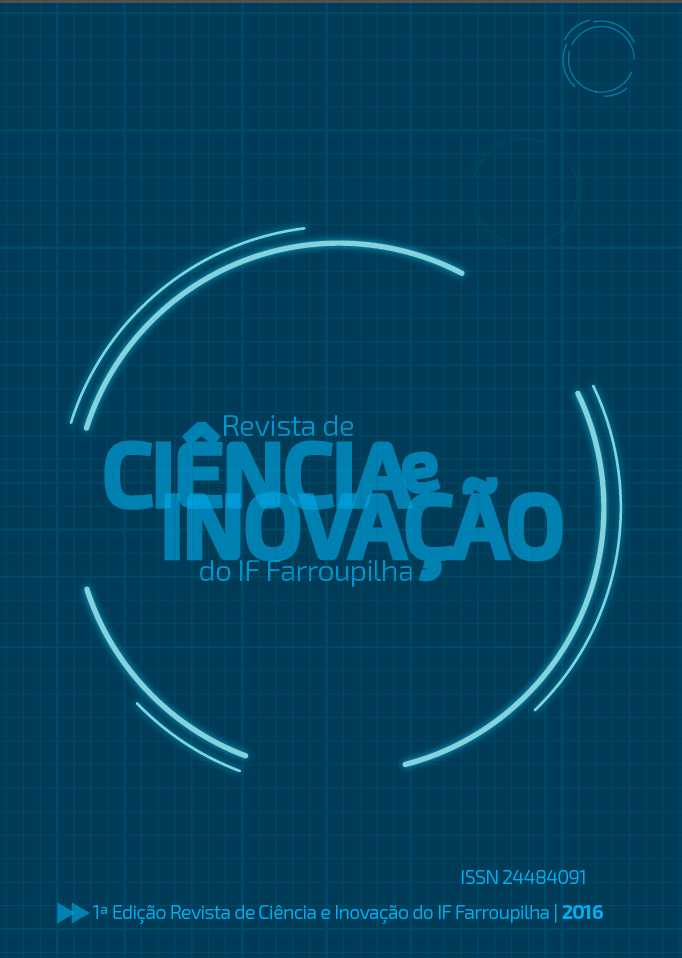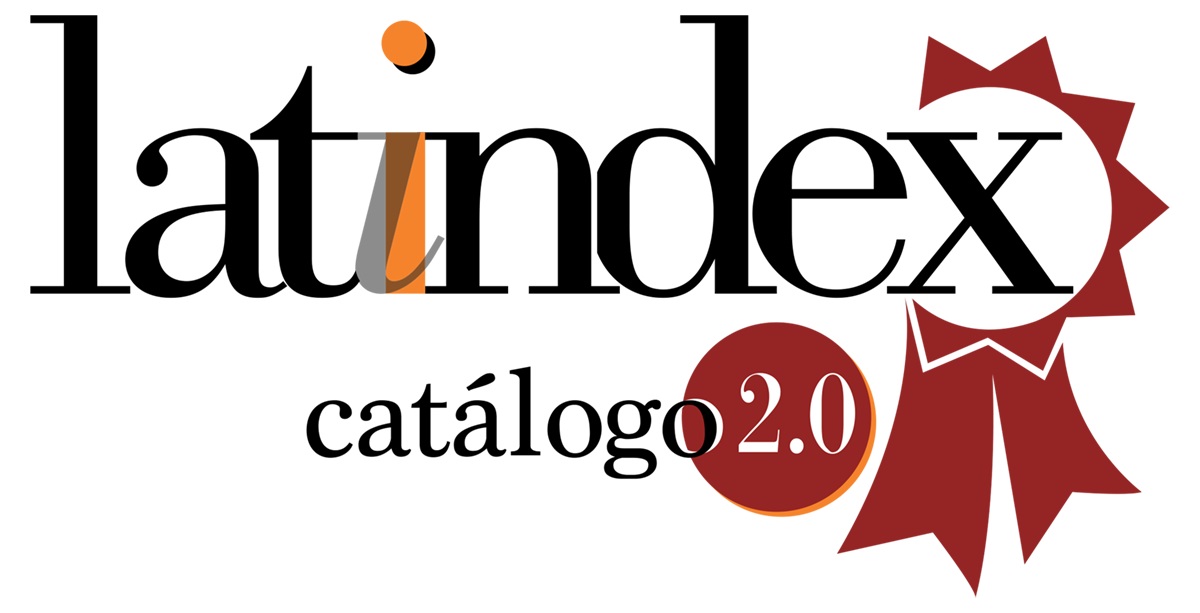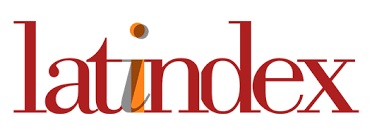Número actual
Vol. 12 Núm. 1 (2026)
Publicado January 21, 2026
La Revista de Ciência e Inovação (ISSN 2448-4091) es una revista multidisciplinaria, técnico-científica, publicada por el Instituto Federal de Educação, Ciência e Tecnologia Farroupilha (IFFar, RS, Brasil). Publica artículos académicos originales e inéditos en diversas áreas del conocimiento, de forma gratuita. Se aceptan artículos continuamente a través del Sistema de Revistas Abiertas (OJS). Los artículos se evalúan mediante un proceso de revisión por pares. La revista adopta el modelo de diamante de acceso abierto, ofreciendo acceso gratuito en línea a todo su contenido.
Información















.png)
